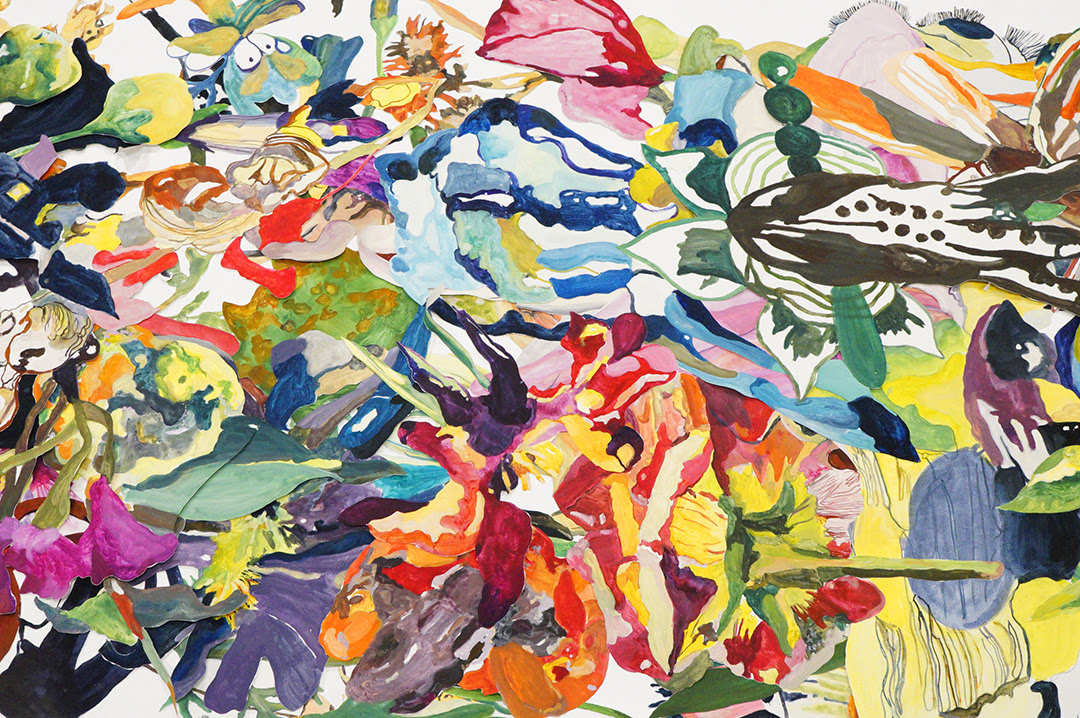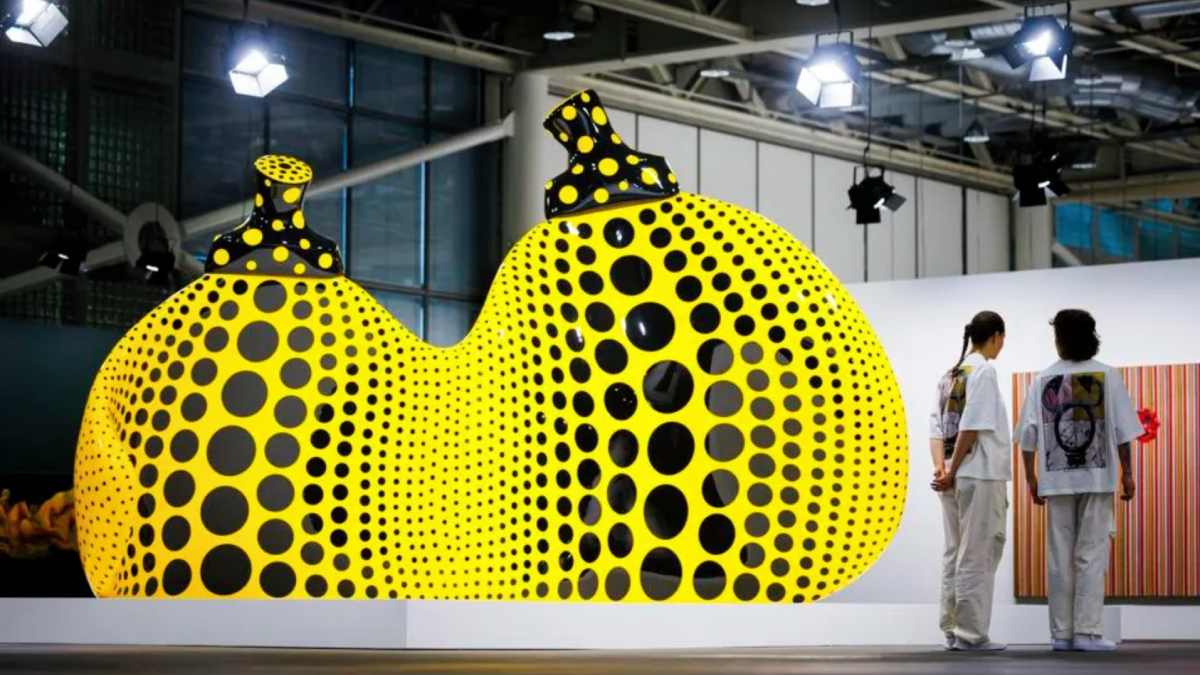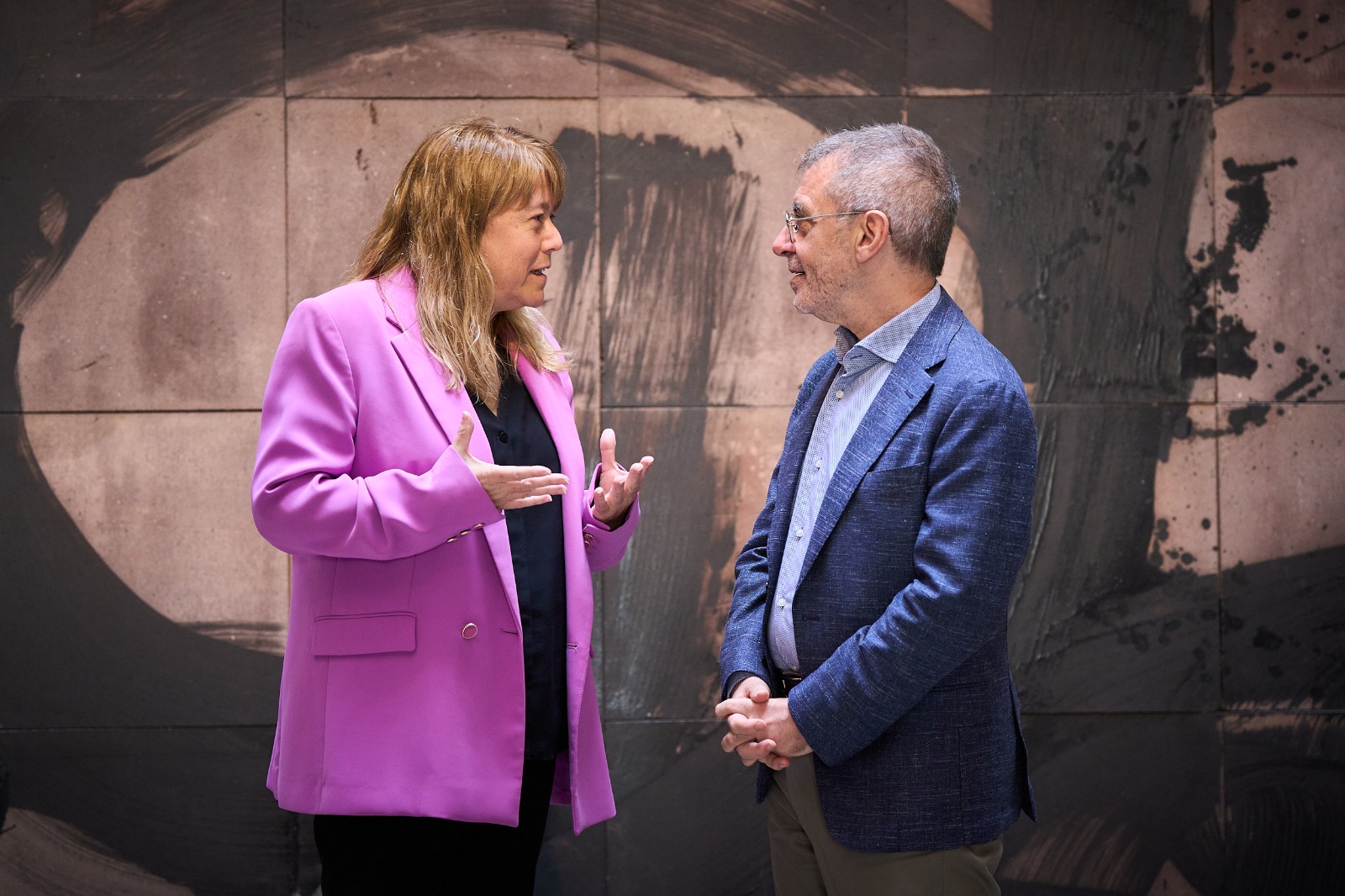Exhibitions
The MNAC recovers the figure of cabinetmaker and goldsmith Adolf Fargnoli
'Adolf Fargnoli. From Noucentisme to the avant-garde' is an expanded version of the exhibition at Casa Masó in Girona
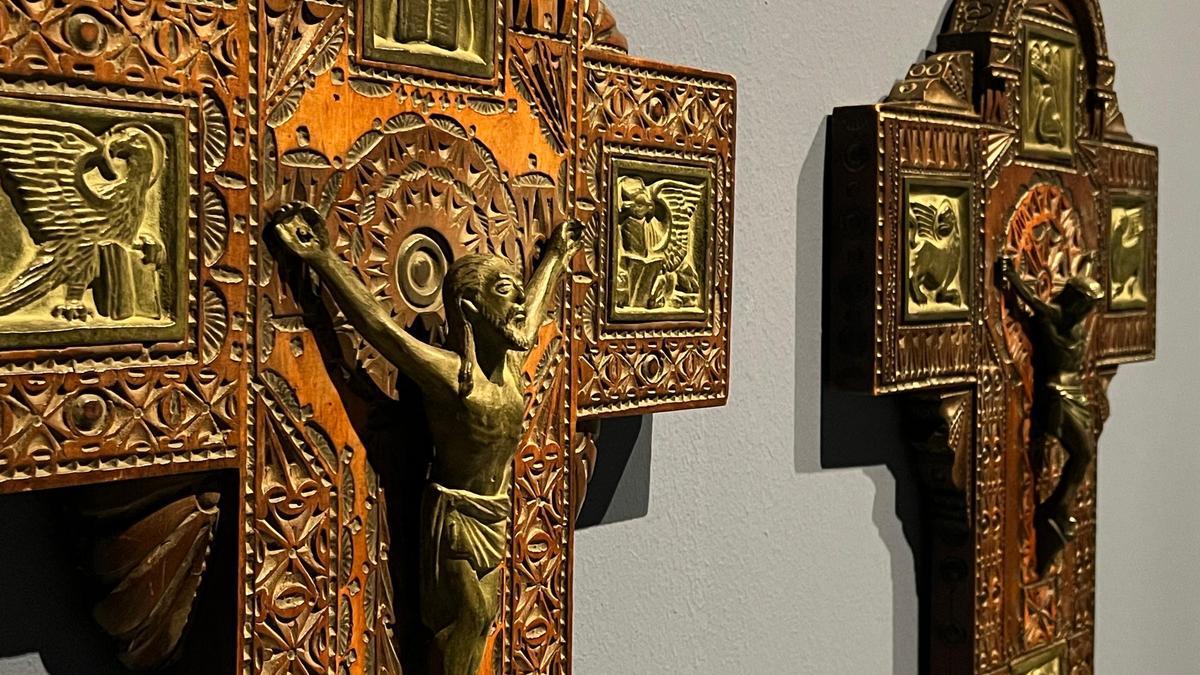
The National Museum of Art of Catalonia (MNAC) presents for the first time in Barcelona the work of Adolf Fargnoli (La Bisbal d'Empordà, 1890 – Barcelona, 1951), cabinet maker and goldsmith of Italian origin who was part of the circle of artists and craftsmen who made themselves known in Girona around the figure of the architect Rafael Masó.
Organized by the National Museum in collaboration with the Rafael Masó Foundation and curated by art historian Pilar Vélez. Adolf Fargnoli. From the Noucentisme to the avant-garde brings together a significant selection of the artist's production, especially carved wooden boxes and crosses with ceramic applications. The director of the Rafel Masó Foundation, Jordi Falgàs, told ACN that the exhibition is a vindication and a rediscovery of Fargnoli. The small-format exhibition is an expanded version of the exhibition that could be seen at the Casa Masó in Girona from the end of last year to last April 20.
The director of the Rafel Masó Foundation has highlighted that Fargnoli was "an artist and a creator who was often described in a pejorative tone as an artisan". According to Falgàs, "we are dealing with an exceptional case of a unique creator in the Catalan panorama of the beginning of the 20th century. He was an original character and that's why he was probably disconcerting."
Fargnoli became one of the great names of the Girona Noucentisme. A master of wood carving, he was famous for the unique and refined caskets, caskets, boxes and jewelry made of wood carved with metal applications and with silk-lined interiors that he used to give a poetic name. Fifty national and international exhibitions between 1918 and 1933 explain how Fargnoli, admired by critics, artists and intellectuals, became a myth of nineteenth-century Girona.
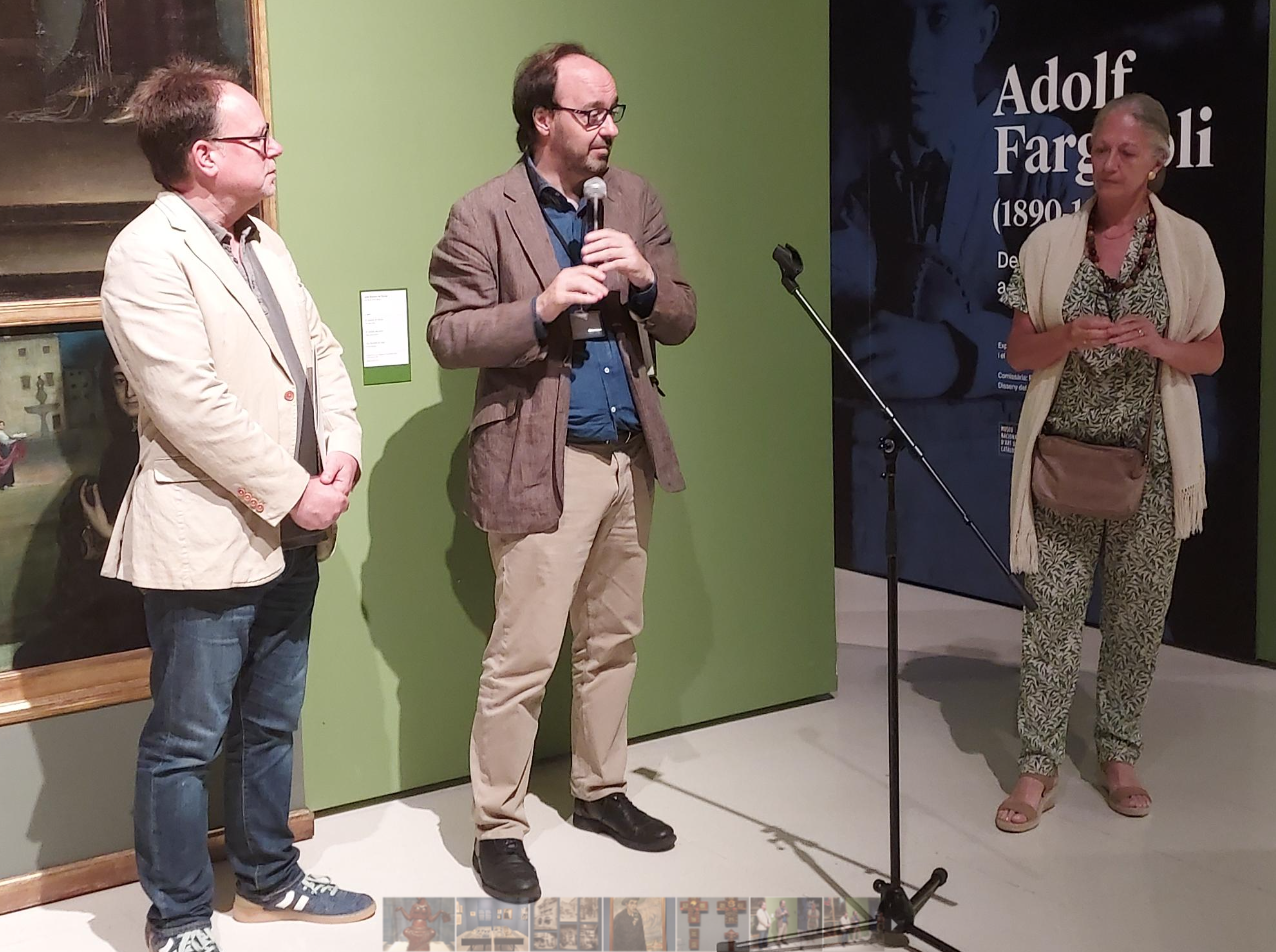
In 1932 the craftsman from Girona became a designer fascinated by Hollywood aesthetics. Settled in Barcelona, he developed there the "D'Annali" creations, a line of female jewelery that did not become a reality. In 1933, an emotional crisis and his bohemian nature led him to a deep depression. Despite his personal literary work, the war and post-war period meant a creative decline, except for a brief recovery around 1945. He died quietly in 1951.
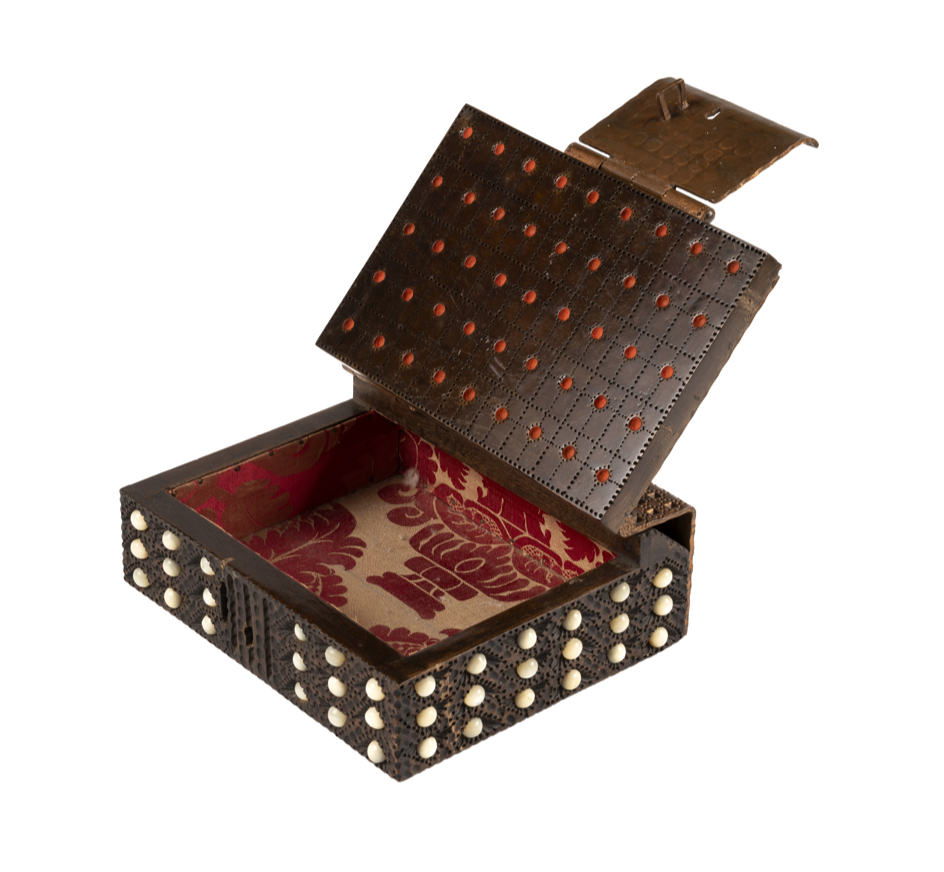 Adolf Fargnoli. Capseta 1920. Amb incripció LA CAPSETA D'UN AMOR QUE NAIX. Palau Antiguitats, Barcelona
Adolf Fargnoli. Capseta 1920. Amb incripció LA CAPSETA D'UN AMOR QUE NAIX. Palau Antiguitats, Barcelona
This project is the result of a new research carried out by Pilar Vélez, curator of the exhibition, which has brought to light numerous hitherto unknown pieces, as well as those of some of his imitators, and multiple aspects of life and the professional career of the artist thanks to access to the documentary legacy of the family and to the testimonies preserved in different archives. The research has made it possible to gather more than 90 pieces, especially carved wooden boxes and crosses with ceramic applications, the work of Adolf Fargnoli and some of his imitators, as well as some ceramic designs that he made in the workshop of Can Marcó de fourth
Curator Pilar Vélez has explained that Fargnoli is a character who gives a lot of himself and is very mysterious: "That's why we discovered him now at the MNAC as he was discovered 106 years ago in Barcelona in the Laietan galleries. The MNAC is rediscovering it now", he added. Vélez said of Fargnoli that behind a very discreet person, he was "a man of great public relations and who knew how to move very well" and managed to carry his pieces everywhere.
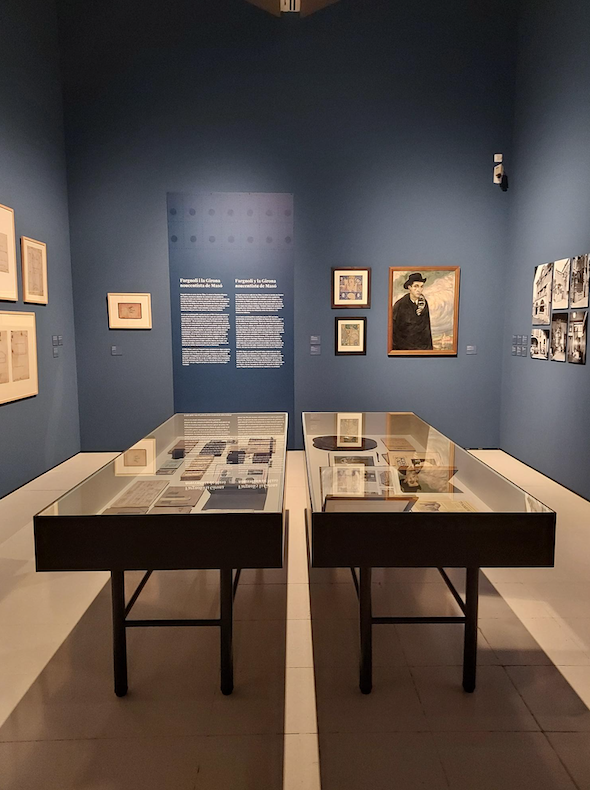
The exhibition, which can be visited until October 20, includes catalogs of his exhibitions, which reveal his side as a graphic artist; as well as a hundred unpublished documents: projects of his creations, original graphic designs, advertising brochures, personal documents and some photographs. The MNAC thus presents an expanded version of the exhibition that could be seen in Girona from December 30, 2023 to April 20, 2024, promoted by the Masó Foundation and coordinated by its director Jordi Falgàs. This project has a catalog co-edited by both institutions and Úrsula Llibres.





